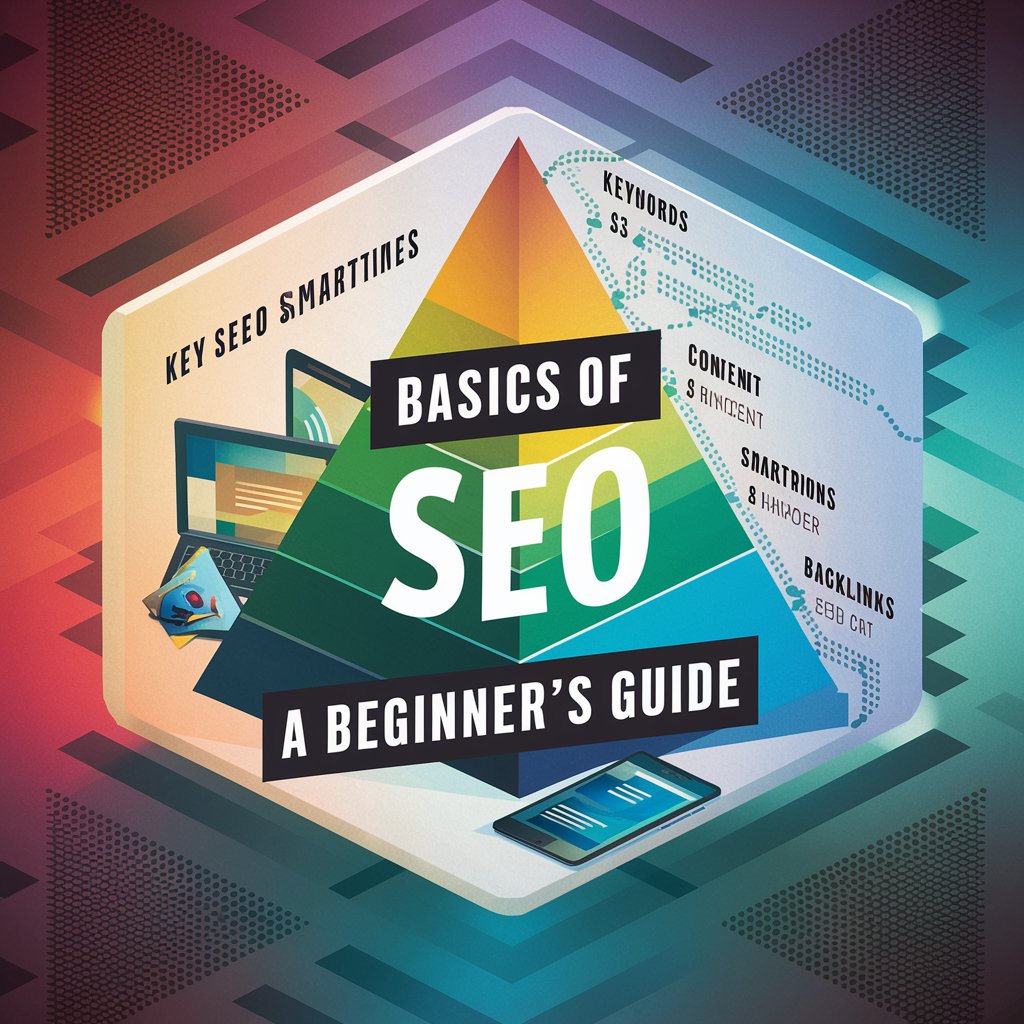The Basics of SEO: A Beginner’s Guide 2024!

Search Engine Optimization (SEO) is an essential digital marketing strategy that focuses on improving a website’s visibility on search engines like Google and Bing. Understanding SEO is crucial for anyone looking to enhance their online presence and attract more organic traffic. This guide aims to provide a comprehensive overview of SEO basics, making it accessible for beginners.
What is SEO?
SEO stands for Search Engine Optimization. It involves optimizing your website to rank higher on search engine results pages (SERPs). Higher rankings increase the likelihood that users will visit your site. SEO encompasses various strategies, including keyword research, on-page optimization, content creation, and link building.
Importance of Keywords
Keywords are the foundation of SEO. They are the terms and phrases that users type into search engines when looking for information. Effective keyword research helps you understand what your audience is searching for and allows you to target these terms in your content. Tools like Google Keyword Planner and Ahrefs can assist in finding relevant keywords.
Types of Keywords
- Short-Tail Keywords: These are broad and generic terms, such as “website SEO services.” They have high search volumes but are highly competitive.
- Long-Tail Keywords: These are more specific phrases, such as “best website development and SEO services for small businesses.” They have lower search volumes but are less competitive and more targeted.
On-Page SEO
On-page SEO involves optimizing individual pages on your website to rank higher and earn more relevant traffic. Key elements include:
Title Tags
Title tags are HTML elements that specify the title of a web page. They should be unique, include primary keywords, and be compelling to encourage clicks.
Meta Descriptions
Meta descriptions provide a summary of a web page’s content. They should include relevant keywords and be enticing to encourage users to click through to your site.
Header Tags
Header tags (H1, H2, H3, etc.) are used to structure content. The H1 tag should contain the main keyword and indicate the page’s topic. Subsequent headers (H2, H3) should organize content into sections.
Content Quality
High-quality content is essential for SEO success. It should be informative, engaging, and provide value to the reader. Incorporating keywords naturally into your content is crucial. Avoid keyword stuffing, as it can lead to penalties from search engines.
Off-Page SEO
Off-page SEO refers to actions taken outside of your website to impact your rankings within SERPs. This primarily involves building backlinks, which are links from other websites to your own.
Link Building
Quality backlinks from reputable websites can significantly boost your site’s authority and rankings. Strategies for acquiring backlinks include guest blogging, influencer outreach, and creating shareable content.
Social Media Engagement
Social media platforms can drive traffic to your website and help build brand awareness. Sharing your content on social media can attract more visitors and potentially earn backlinks.
Technical SEO
Technical SEO involves optimizing your website’s infrastructure to help search engines crawl and index your site more effectively.
Site Speed
A fast-loading website improves user experience and can positively impact your rankings. Tools like Google PageSpeed Insights can help identify areas for improvement.
Mobile-Friendliness
With more users accessing the internet via mobile devices, having a mobile-friendly website is crucial. Google uses mobile-first indexing, meaning it primarily uses the mobile version of a site for ranking and indexing.
Secure Sockets Layer (SSL)
Having an SSL certificate ensures your website is secure, which is important for both user trust and SEO. Websites with HTTPS are given preference in search engine rankings.
Local SEO
Local SEO focuses on optimizing your online presence to attract more business from relevant local searches. This is especially important for businesses with physical locations.
Google My Business
Creating and optimizing a Google My Business (GMB) profile helps your business appear in local search results and on Google Maps. Ensure your GMB listing is complete and accurate.
Local Citations
Citations are online mentions of your business, including its name, address, and phone number (NAP). Consistent NAP information across various directories helps improve your local SEO.
Measuring SEO Success
Tracking and analyzing your SEO efforts is crucial for understanding what works and what needs improvement.
Tools for Measuring SEO
- Google Analytics: Provides insights into your website’s traffic and user behavior.
- Google Search Console: Offers data on your site’s search performance, including keyword rankings and indexing issues.
- Ahrefs/Moz/SEMrush: These tools offer comprehensive SEO analysis, including backlink profiles, keyword rankings, and site audits.
Conclusion
SEO is a dynamic and multifaceted field that requires a solid understanding of various techniques and strategies. By mastering the basics of SEO, including keyword research, on-page and off-page optimization, technical SEO, and local SEO, you can improve your website’s visibility and attract more organic traffic. Implementing these practices will set a strong foundation for your website’s long-term success in the digital landscape.





